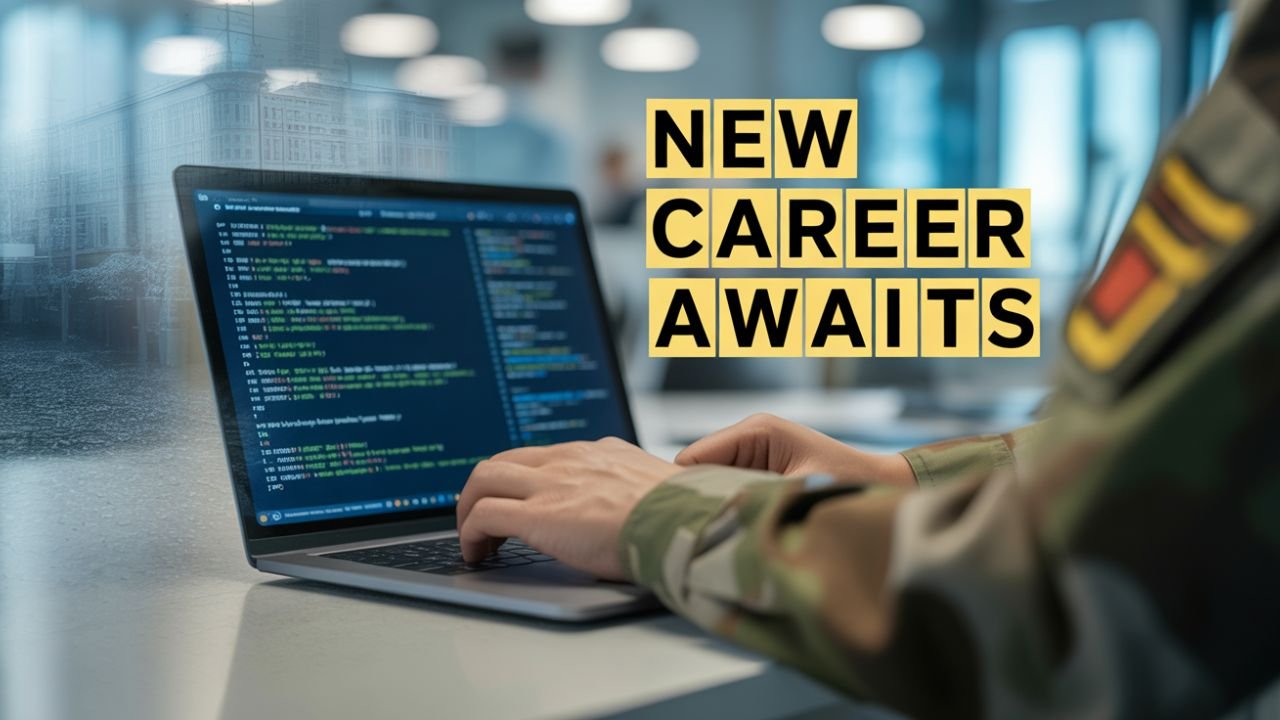Transitioning from Military to Civilian Careers: Veteran Tips When a soldier leaves active duty and moves into civilian life, the first emotion he faces is fear. This fear is of unknown situations, of difficulties that people keep warning about. This fear often leads to restlessness and anxiety. The truth is that challenges in life are real—there can be sudden obstacles, unexpected disappointments and difficulties. But along with these, there are also hidden opportunities that are completely unexpected—help from new people and pleasant surprises in life that bring peace to the heart.
The Harsh Realities of Post-Military Service
Despite leaving active service many years ago, the statistics are still staggering. The U.S. Department of Labor reports that the unemployment rate for veterans in October 2024 was 3.0%, compared to 4.1% for non-military. While this difference may seem small, it can be a huge challenge for those who leave military careers to pursue a career in civilian life. Veterans often do not have enough savings to sustain themselves until they find a job they want. Also, translating their military language and experience into the language of the civilian world and presenting it on a resume is a daunting task.
The Early Job and the Cycle of Dissatisfaction
Studies show that many soldiers accept the first available job immediately after leaving the service, even if it is not the best fit for them. This results in them leaving that job relatively quickly. According to a report, about 57% of ex-servicemen stay in their jobs for more than two and a half years, while the figure for non-servicemen is only 42.5%. This means that while servicemen have more patience and commitment, they often have to wait and wait for the right opportunity.
The challenge of adjusting to civilian life
Getting a civilian job is not like the typical unemployed person. Most servicemen do not have prior civilian work experience. Many have never even given a formal job interview. The interviews that take place in a military environment are of a different nature. So when they have to face a completely new workplace and culture, the experience can be quite uncomfortable.
Competencies of servicemen: Invaluable to society
Soldiers come with qualities like discipline, technical training, team spirit, patience and dedication to a larger goal. It is very unfortunate that these qualities are not fully utilized just because they lack the skills to find a civilian job.
Helpful Tips for Soldiers
1. Don’t let fear overwhelm you
You’ve faced many difficult situations while in the military. Finding a job can be a destabilizing experience, but it’s also a challenge you can overcome. Feel the fear but remember that it’s just a human reaction, and you can overcome it.
2. Take charge
In the military, following orders becomes a habit, but now you have to take charge of your own career. It may feel strange at first, but it’s the way to move forward in civilian life.
3. Don’t be afraid to ask for help
Make full use of military benefits—whether it’s job training, career coaching, networking, or mental health services. Therapy isn’t just for trauma survivors, but it’s a tool for increasing self-awareness and resilience. This journey isn’t lonely; there are many sources of help available.
4. Leave the ‘hero ego’ behind
After leaving the military, there is often a feeling that you will no longer be thanked for your service. Civilian jobs do not offer the exposure and purpose you once had in the military. So it is important to redefine your purpose.
5. Start right away
Whether you have a year left before leaving the service or you are already in civilian life—create your job search strategy now. Develop good habits, network and look for opportunities.
Develop self-awareness and skills
The basis of success is knowing yourself. Many people fail to understand what they really want. This can be even more difficult for soldiers because they have always followed orders. So it is very important to work on self-awareness. Along with this, it is important to learn skills required in civilian life such as conflict resolution, collaboration, presentation, use of artificial intelligence and business understanding.
Networking and Mental Health
Meeting new people, joining clubs or sports activities, all this gives you a new identity. At the same time, it is equally important to take care of mental and emotional health. This aspect is more expected in civilian life. Dealing with feelings of disappointment and loss and developing a positive attitude is the key to success.
Balance in Work Culture
Every workplace culture is different. The change may be easy in government jobs, but it is a big change in the private sector. There, not only following orders, but cooperation and discussion are expected. This is called balancing work culture.It is important to understand.
Conclusion: A New Adventure
The journey from military to civilian life is tough, but it is full of new opportunities and experiences. What you have endured and learned in the military will guide you in this new world as well. The road will seem tough at times, but if you accept it as an exciting adventure, the experience can be life-changing.
